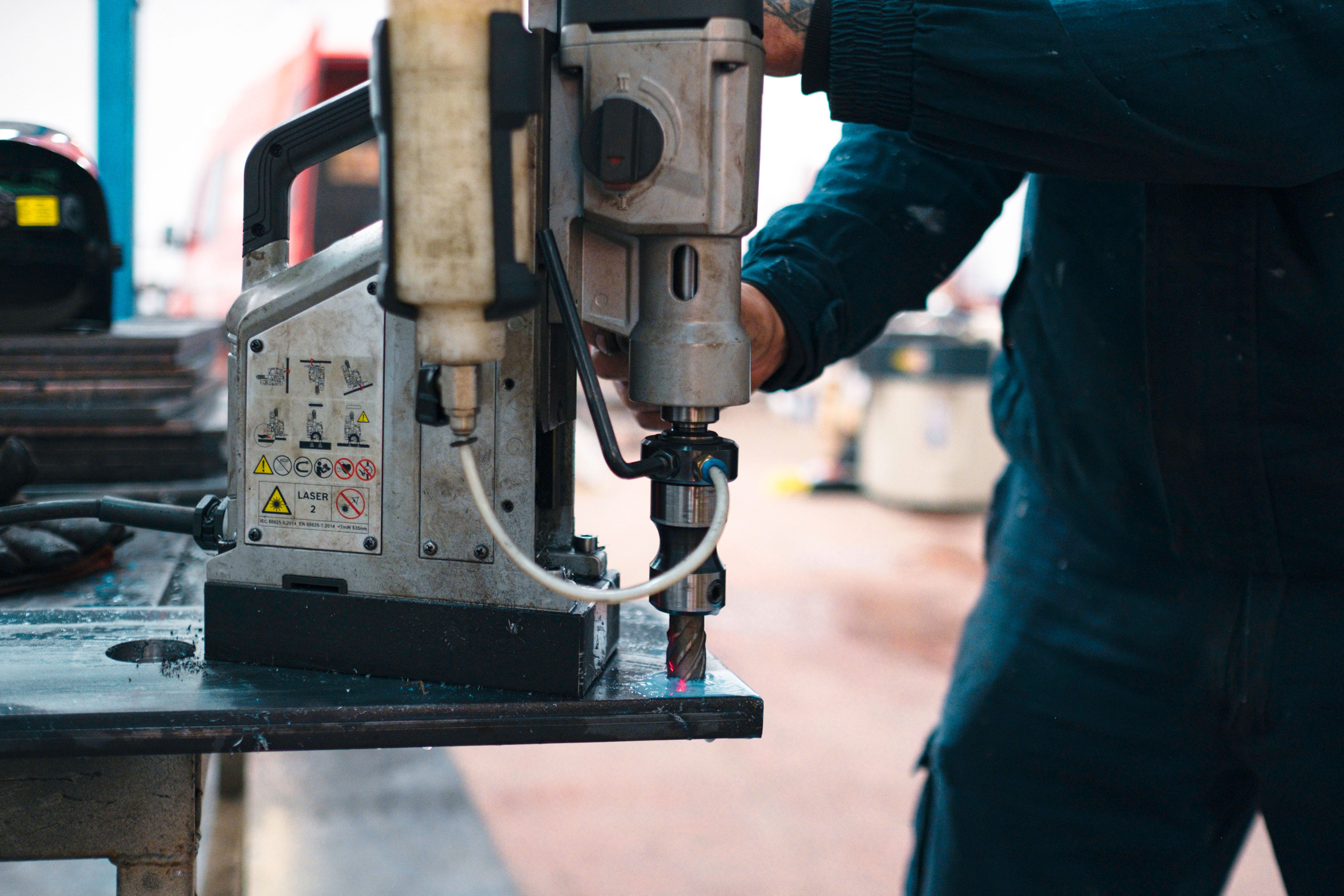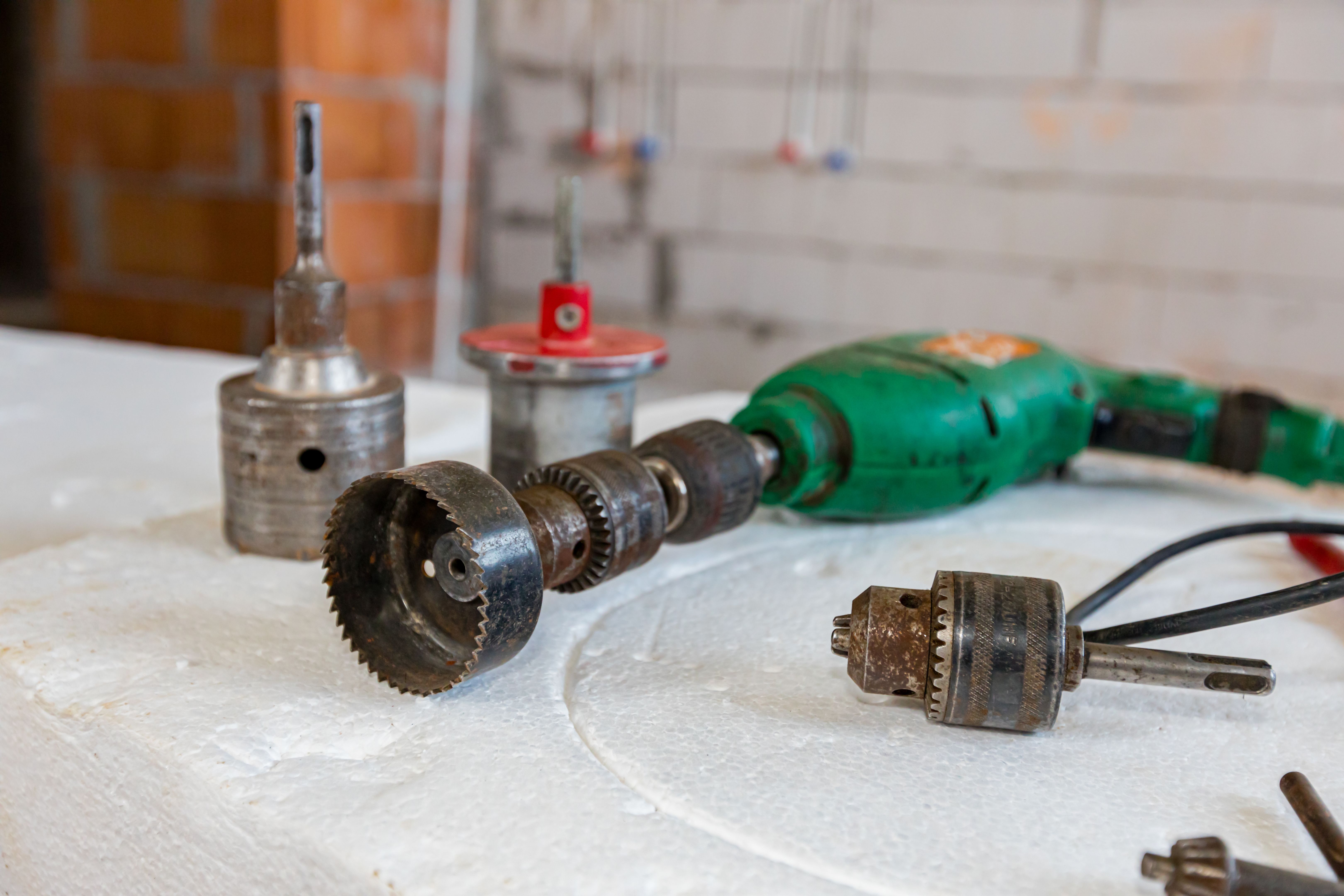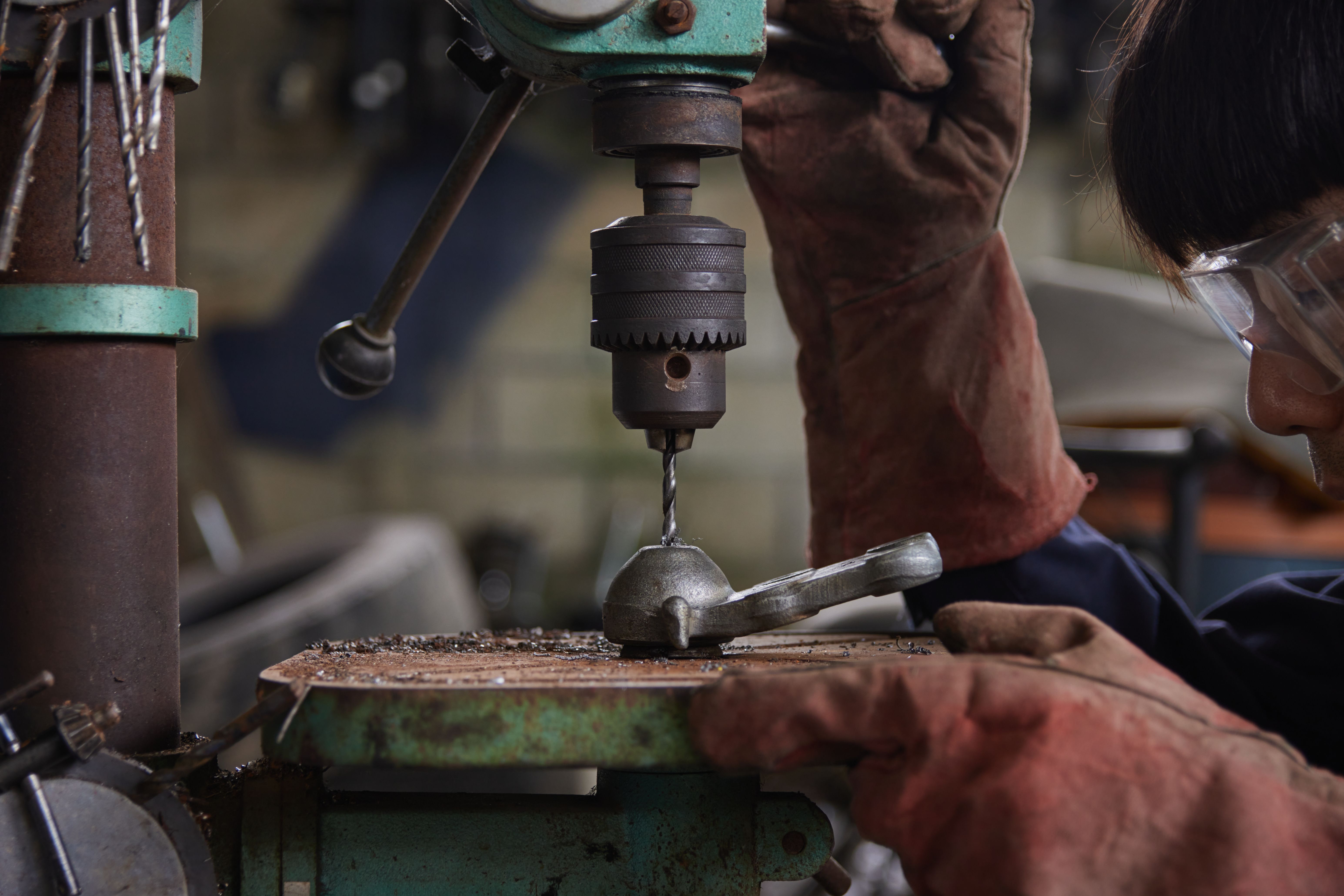The Ultimate Guide to Magnetic Drills in Cologne
RR
Introduction to Magnetic Drills
Magnetic drills, also known as mag drills, are essential tools for anyone involved in metalworking, construction, or heavy-duty fabrication. These versatile machines offer precision and power, making them indispensable in creating clean, accurate holes in steel and other metals. In Cologne, where industrial activities are thriving, understanding the capabilities and applications of magnetic drills is crucial for enhancing productivity and ensuring high-quality results.
Cologne's rich industrial landscape provides numerous opportunities for the use of magnetic drills, from small workshops to large-scale construction sites. Whether you're a professional metalworker or an enthusiastic DIYer, this guide will help you navigate the world of magnetic drills and make informed decisions for your projects.

Understanding the Mechanics of Magnetic Drills
The core component of a magnetic drill is its electromagnetic base, which firmly attaches the drill to the metal surface. This feature not only stabilizes the drill during operation but also enhances safety by preventing slips and misalignments. Magnetic drills typically come equipped with a powerful motor and a geared mechanism to ensure efficient cutting through tough materials.
In Cologne, where precision and safety are paramount in industrial operations, investing in a high-quality magnetic drill can significantly reduce the risk of errors and improve the overall quality of work. These tools are particularly beneficial in environments where traditional drilling methods may fall short due to limited space or challenging angles.
Types of Magnetic Drills
There are several types of magnetic drills available in the market, each designed for specific applications. Understanding these variations can help you choose the right tool for your needs:
- Portable Magnetic Drills: Ideal for on-site work where mobility is crucial.
- Fixed Magnetic Drills: Suited for stationary tasks requiring consistent precision.
- Cordless Magnetic Drills: Offer flexibility without being tethered to a power source.
- Pneumatic Magnetic Drills: Perfect for environments where electrical tools are not feasible.

Choosing the Right Magnetic Drill for Your Needs
Selecting the right magnetic drill involves considering several factors such as material thickness, drill diameter, and power requirements. In Cologne's diverse industrial setting, having a tool that matches your specific demands can lead to more efficient workflows and better project outcomes.
When choosing a magnetic drill, consider the following:
- Material Compatibility: Ensure the drill can handle the type and thickness of metal you'll be working with.
- Drill Power: Opt for a model with sufficient power to cut through tough materials effortlessly.
- Additional Features: Look for features like variable speed settings and automatic lubrication for enhanced performance.
Maintenance Tips for Longevity
To keep your magnetic drill in optimal condition, regular maintenance is essential. This includes cleaning the electromagnetic base, checking the motor for wear, and ensuring all moving parts are well-lubricated. In Cologne's bustling industrial environment, following a consistent maintenance routine can extend the life of your equipment and maintain its performance.

Conclusion: Maximizing Efficiency with Magnetic Drills
Magnetic drills are invaluable tools for anyone involved in metalworking or construction in Cologne. By understanding their mechanics, types, and maintenance needs, you can select the right tool to enhance your projects' efficiency and precision. Whether you're drilling on-site or in a workshop, these powerful machines offer unparalleled accuracy and ease of use.
Investing in a high-quality magnetic drill not only boosts productivity but also ensures safety and reliability in all your metalworking endeavors. As Cologne continues to grow as an industrial hub, equipping yourself with the right tools is key to staying ahead in this competitive landscape.